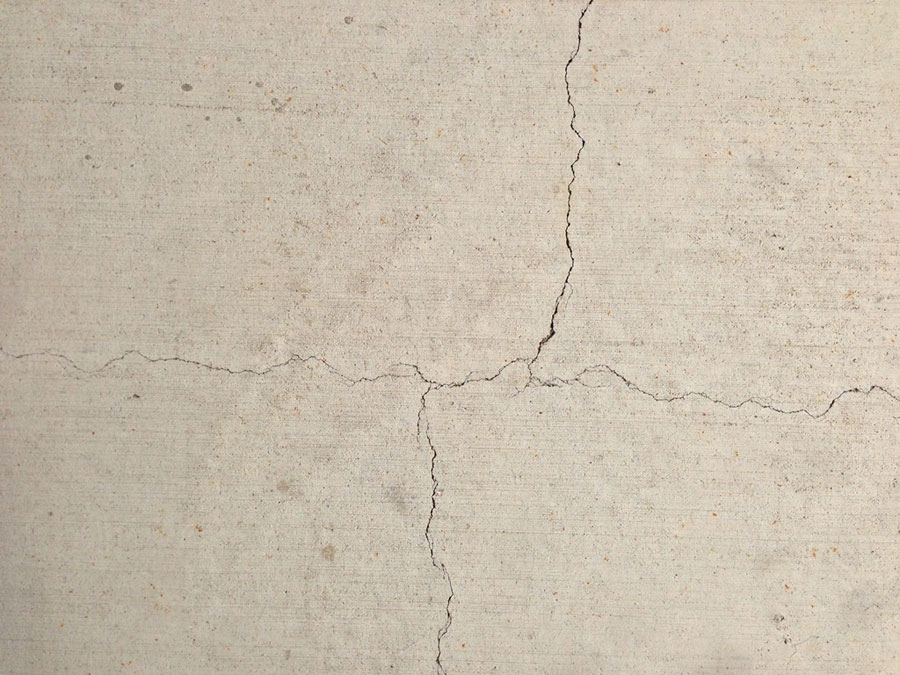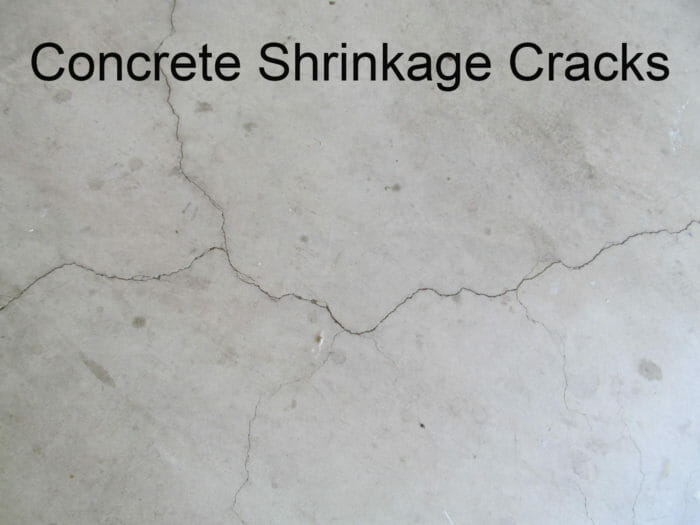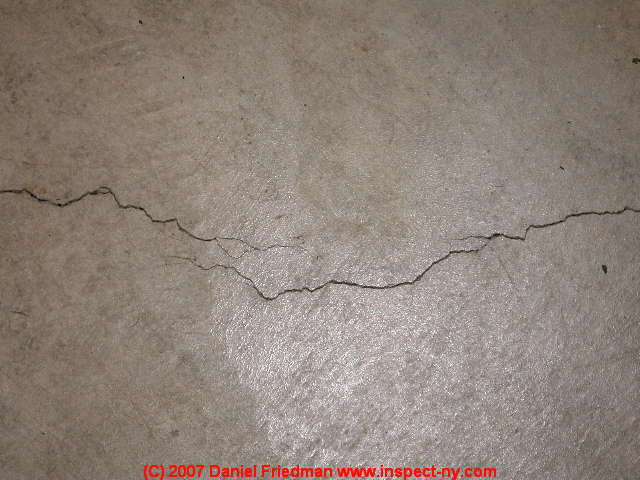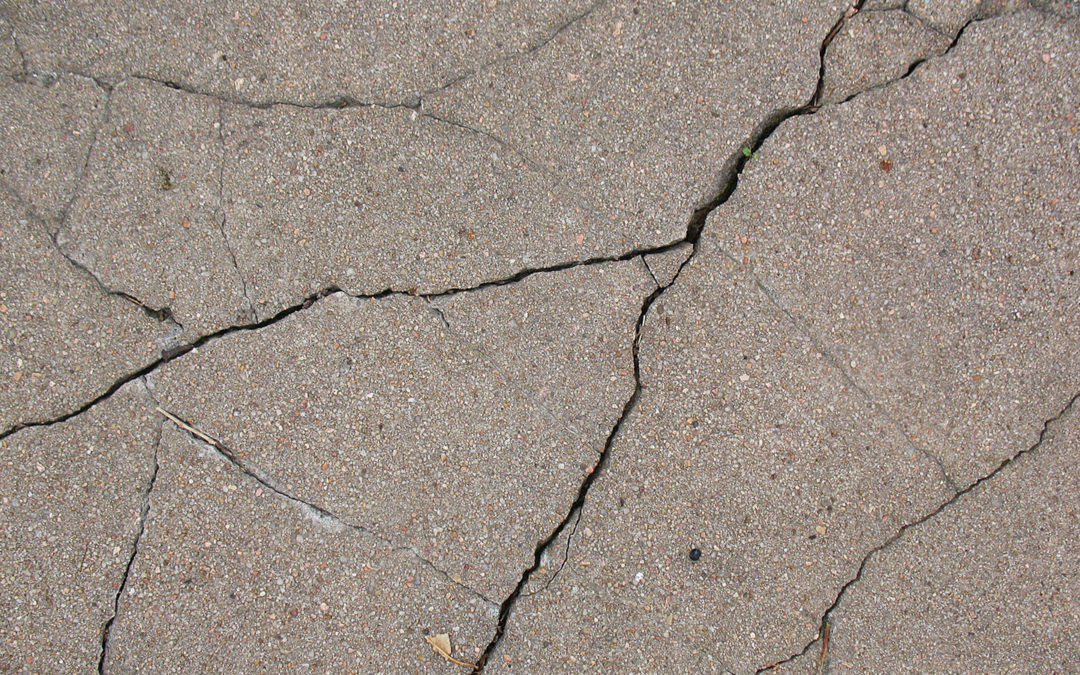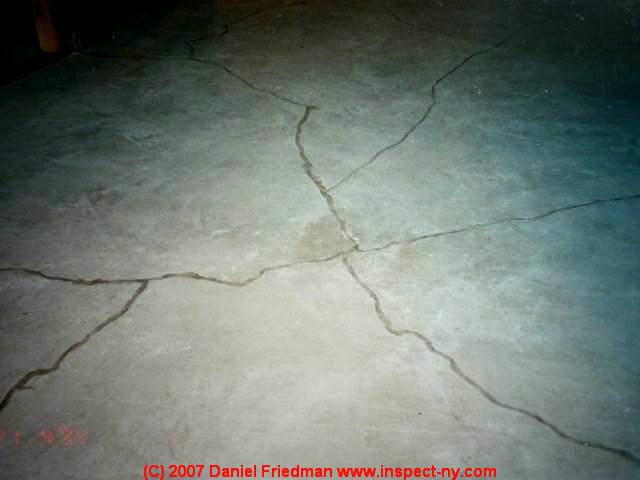Shrinkage cracks in a slab photo above are unlikely to be of any structural concern but can be a source of water entry or radon entry in buildings and may form a tripping hazard.
Shrinkage cracks in concrete slab.
As the concrete slab dries after placement it shrinks.
In addition to reading about repairing concrete shrinkage cracks if crack repair is needed at all.
Plastic shrinkage cracks are common in slabs.
This restraint creates tensile stresses in the concrete slab which in turn may produce drying shrinkage cracking.
When the evaporation of the moisture at the surface of concrete is more than the availability of the rising bleed to fill the surface moisture if this process happens before concrete attaining its tensile strength the volume change may cause cracks.
Concrete and mortar are porous in their structure in the form of inter molecular space.
These cracks are comparatively short cracks.
Contraction joints or control joints when cracked are really just straight shrinkage cracks.
They expand when they absorb the moisture and shrink when they dry.
When concrete is mixed more water than is needed for hydration is mixed with the dry components such as sand cement and an aggregate.
Most of this excess water begins to exit the concrete during placement curing and causes the concrete to shrink.
Similar uncontrolled or random cracks sometimes due to poor joint layout meander across the surface.
Shrinkage cracks in concrete occur due to change in moisture of concrete.
This is the main cause of concrete shrinkage cracks on drying.
See details at concrete shrinkage cracks.
Plastic shrinkage concrete cracks when concrete is still in its plastic state before hardening it is full of water.
Most of the water will eventually evaporate causing shrinkage of the concrete slab.
While the concrete is shrinking many things such as reinforcement or the subgrade restrain the concrete.
While shrinkage in poured concrete walls or floor slabs is a normal property of curing concrete shrinkage cracks can be controlled or where they have occurred in some cases repairs are needed.
Some contractors cut or form a grid of small grooves in the slab to keep the shrinkage cracks in an orderly grid which looks better than random cracks but functions the same way.
